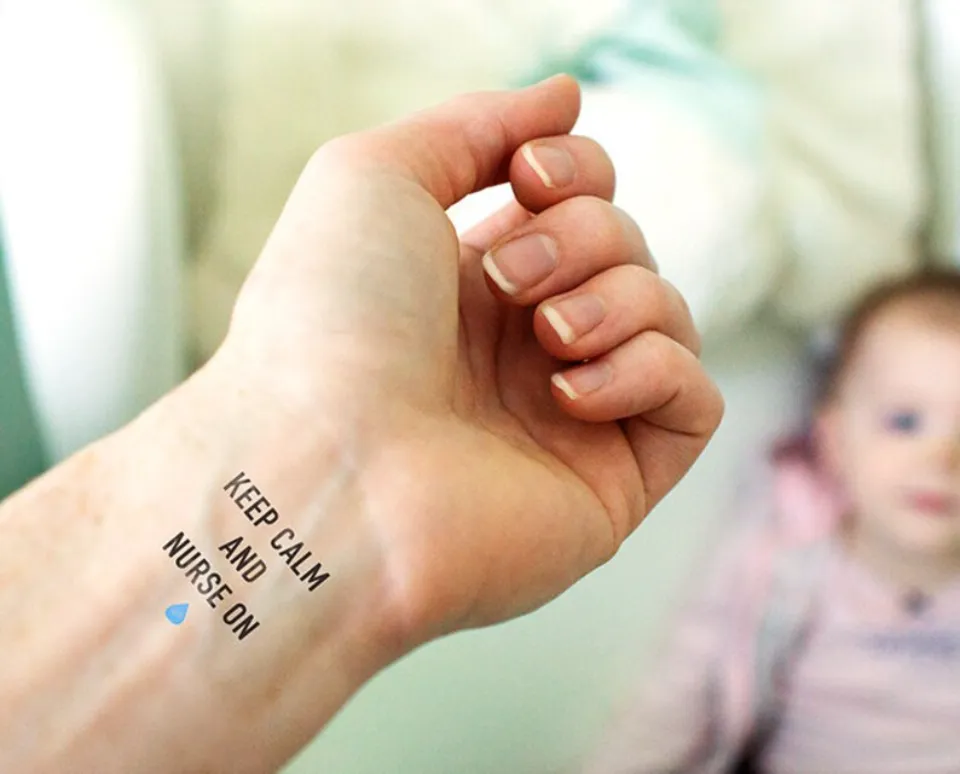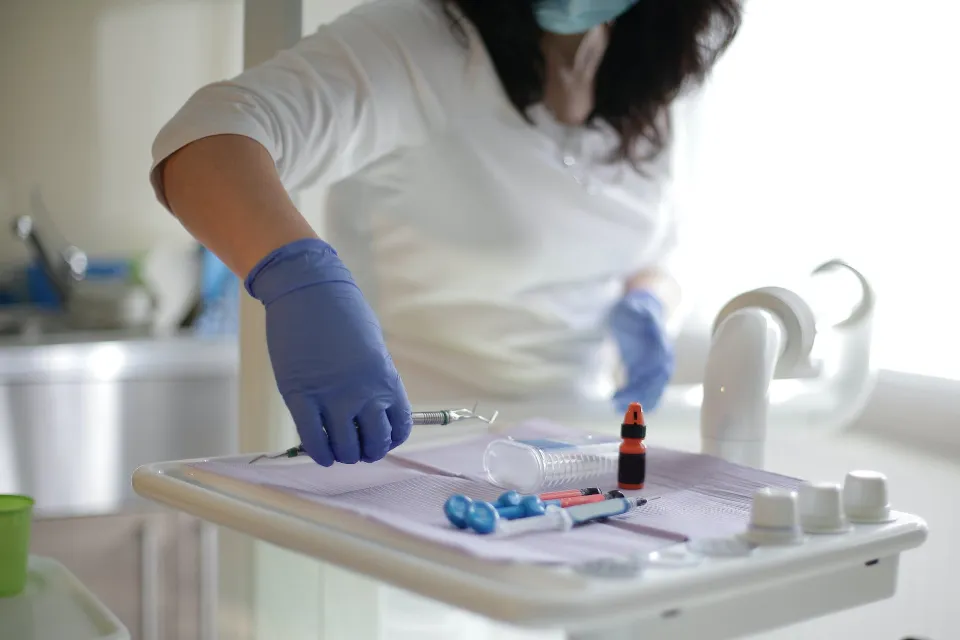One popular question: can nurses have hand tattoos? The simple answer is yes. It’s unlikely that having a tattoo will prevent you from becoming a nurse, but there are a few things to think about.
Your dream job as a nurse should allow you the freedom to express your artistic side. All the information you require regarding nurses and tattoos is provided below.
Can Nurses Have Hand Tattoos?
The short answer to “can nurses have tattoos?” is yes, at least for most medical facilities. Although I’m sure you’ve heard it before, it depends on the hospital or facility you work with.
For some facilities, visible tattoos are okay for nurses as long as they don’t contain offensive material.
Visible tattoos are discouraged in some cultures. However, it appears that the most frequent problem is related to patients’ and coworkers’ ingrained attitudes and perceptions about hand tattoos.
Read More:
- Can You Get a Hand Tattoo While Pregnant?
- Can You Have Hand Tattoos in the Army?
- Can You Get a Tattoo at 16?
Tattoos’ Impact on Patients

Tattoos can have one of two effects on patients: either patients will react positively or generally neutral to them, or they won’t.
If you have tattoos that are visible, be prepared to deal with patients’ reactions, whether they are positive or negative.
The Negative
The history of tattoos and their acceptance is long and complicated, but it helps to understand that one of the reasons tattoos can be such a touchy subject is the stigma they may carry.
Many people once connected tattoos with prisoners, crime, and rebellious behavior. Over the years, the stigma has diminished with younger generations, and it’s become normal for people of any background to get them.
However, many members of older generations may still unconsciously associate tattoos and body piercings with criminal activity. These patients might be reluctant to confide in you or open up to you in these situations.
Another long-held stigma has to do with the process of getting a tattoo. Despite the fact that today’s tattooing techniques are generally hygienic, you might discover that some people think of body art as unclean or unhygienic.
Whether or not you have a visible tattoo, you should still present yourself professionally to patients as a model of good health and well-being.
The Positive
Although some patients and their families might have negative opinions about tattoos, you’ll also discover that many patients will have positive reactions.
For instance, your tattoos might help your patients get to know one another better, which would improve communication and care in general.

Every tattoo has a reason or story behind the ink, even if it’s a simple one. Patients may open up to you and develop trust in you if you share your personal experience. They might have experienced something similar to what you have or admire works of art that are similar to your own.
Maybe the person you’re treating has a tattoo and wants to tell you a bit about it. You can use your tattoo to establish a closer bond with your patients as society’s attitudes toward body art change.
Regardless of how your patients view your tattoos, you may encounter family members who dislike or disapprove of body art in the medical profession.
Working with people who treat you poorly because of your tattoo can be frustrating, but you should always act professionally and make an effort to build goodwill. Despite the fact that you may never agree, you can still give your patients the best care.
Related Post:
Getting a Work-Friendly Tattoo

Check out your employer’s policy on body art and piercings before getting your first tattoo if you’re an experienced nurse considering doing so.
If you’re comfortable following the company’s policies and getting a tattoo while at your current place of work, here are some factors to consider:
- Size: It may be simple to cover up a tattoo if it is small or barely noticeable. If your employer requires that all tattoos be covered, it may be difficult to cover larger tattoos because of this. Consider your desired tattoo size as well as your ability to completely or partially conceal it.
- Content: In general, people don’t find names or artwork offensive. But nudity, drug use, gang symbols, and provocative language could be considered offensive to patients and coworkers. Perhaps you should reevaluate the content of your tattoo if you believe it might alarm some patients or result in long-term issues with your present or future employers.
- Location: Consider where you want your tattoo to go on your body. While your company may currently have a lax policy, you don’t know if you’ll always work there or if that policy might change. In the event that you change jobs, be prepared to cover your tattoo. The tattoos on your hands, neck, and face are the hardest to conceal and keep hidden.
You Might Also Like: How to Take Care of Hand Tattoos?
Final Words: Can Nurses Have Hand Tattoos
So can nurses have hand tattoos?
Typically, hand tattoos on nurses are not a big deal.
No matter the facility’s dress code, make an effort to come across to coworkers and patients as approachable and professional.
Your personal appearance goes a long way in creating a positive first impression and fostering the possibility of effective communication. Your patients’ trust and comfort are a top priority.
Read More: Should I Get a Hand Tattoo?
FAQs about Can Nurses Have Tattoos on Their Hands
Can Nurses Have Tattoos?
The resounding answer is yes. Nurses can have tattoos. The specific policies will vary depending on the hospital and health network.
Can Nurses Have Tattoos on Their Wrist?
There’s no universal stance from nursing authorities on whether or not nurses can have tattoos. It’s only depend on the facility you work for may have policies on body art.
Are Hand Tattoos Unprofessional?
Some tattoo artists feel strongly about face and hand tattoos because they can seriously impede an individual in the professional world.




